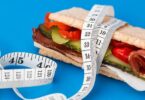A well-structured and thought-out meal prep routine is not just for the health conscious or the fitness enthusiast. It’s for anyone who wants to streamline their weekly routine, ensure they’re eating a balanced diet, and save both time and money. In this meal prep manual, you’ll discover various meal prep strategies and ideas that suit a variety of dietary needs and lifestyles.
Why Is Meal Prep Beneficial?
1. Time-saving: Preparing meals for the entire week can save you time on daily cooking and decision-making about what to eat.
2. Cost-effective: Buying in bulk and avoiding daily take-outs can save you a significant amount of money.
3. Dietary Control: You can ensure you’re eating balanced meals, tailored to your nutritional needs.
Meal Prep Ideas for Various Diets and Needs
Ground Turkey Meal Prep
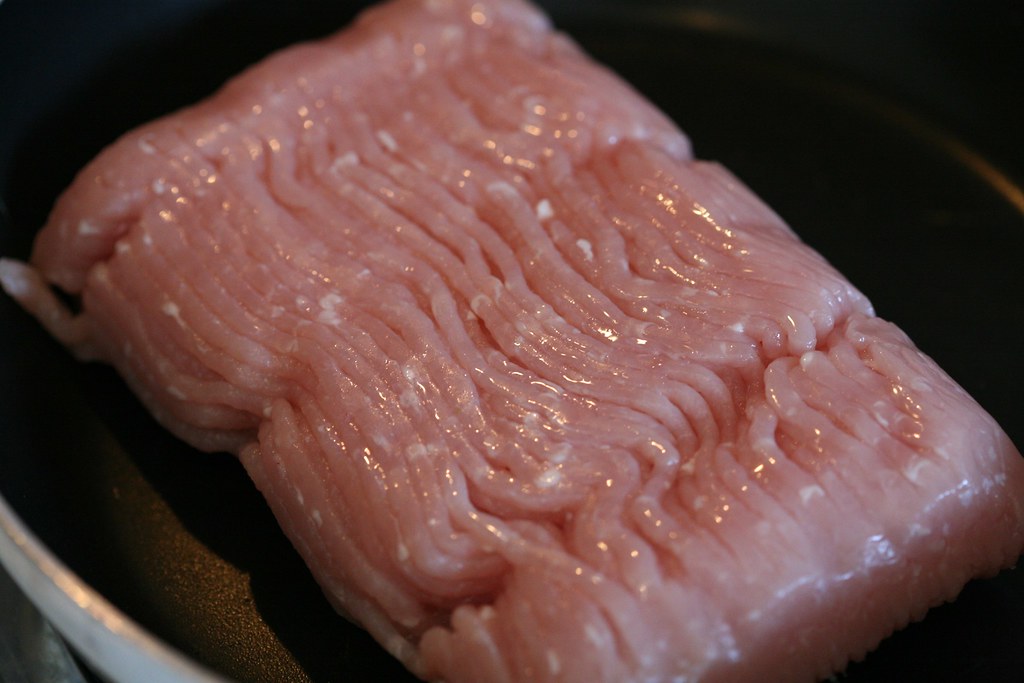
Ground turkey is a versatile and lean protein source. It can be used in a variety of dishes such as turkey burgers, turkey meatballs, or a simple ground turkey stir-fry with veggies. Plus, turkey pairs well with different kinds of seasonings, from spicy to savory.
Costco Meal Prep
Costco, being a bulk store, is a haven for meal preppers. From fresh produce to frozen goods, the possibilities are vast. Consider purchasing large packs of chicken breasts, quinoa, or even pre-made salads. These can be portioned out throughout the week, making the process even more straightforward.
Meal Prep El Paso Style
Draw inspiration from El Paso’s vibrant culinary scene, with dishes rich in flavors. Think enchiladas, tacos, or chiles rellenos. Don’t forget the bean salads and salsa!
Chipotle Meal Prep
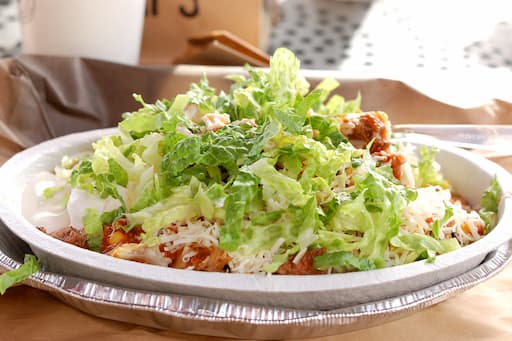
For those craving the taste of Chipotle at home, why not create a Chipotle-inspired bowl? Rice, black beans, grilled chicken or tofu, fresh veggies, guacamole, and a dollop of sour cream. Healthy, filling, and absolutely delicious!
Meal Prep Ideas High Protein
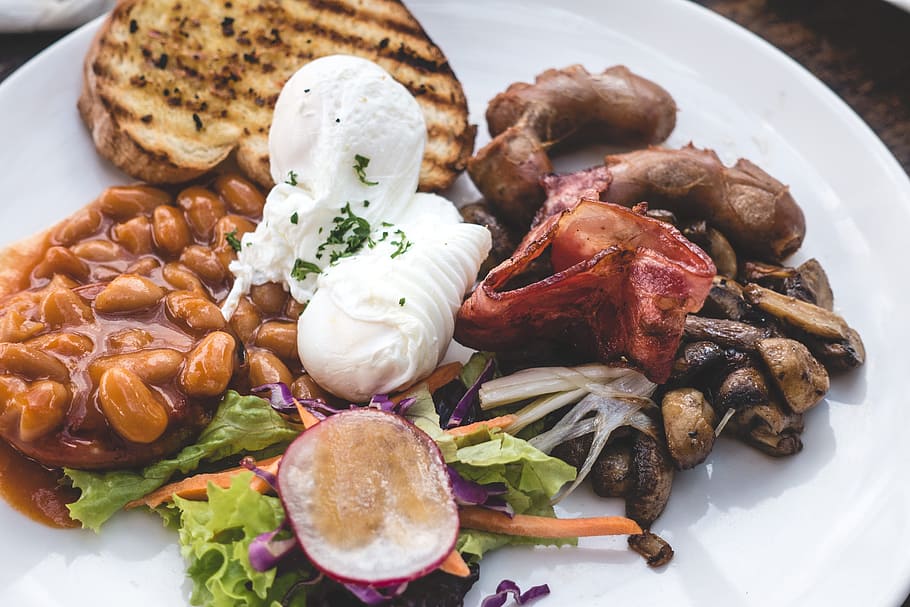
High protein diets are often chosen by those looking to build muscle or ensure satiety. Consider dishes like grilled chicken breast, lentil soup, chickpea salad, or beef stir fry.
Meal Prep for Weight Gain
Meal Prep Ideas for Weight Gain are focusing on calorically dense foods is key. Incorporate avocados, nuts, whole grains, and lean proteins. Foods like salmon, brown rice, and starchy vegetables can be the cornerstone of your meal prep.
Meal Prep Burrito
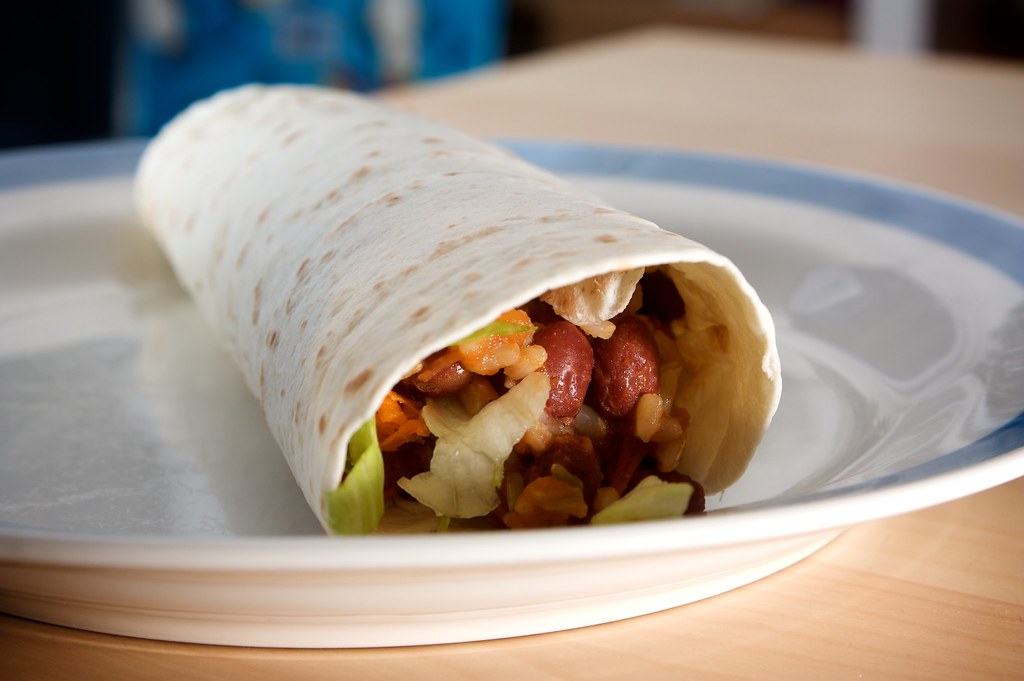
The beauty of a burrito is its versatility. From breakfast burritos filled with eggs, sausages, and cheese to lunch variants packed with beans, rice, and veggies – the possibilities are endless.
Paleo Meal Prep
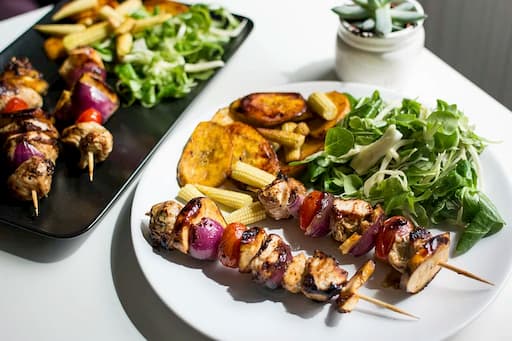
For those following a Paleo diet, focus on whole foods. Think meats, fish, nuts, leafy greens, regional veggies, and seeds. A sample could be grilled steak with asparagus and a side of guacamole.
Postpartum Meal Prep
For new mothers, nutrition is crucial. Dishes should be easy to digest and rich in vitamins and minerals. Consider meals with salmon (rich in omega-3s), iron-rich lentil soup, or oatmeal which can be beneficial for breastfeeding mothers.
High Protein Meal Prep Lunch
For a protein-packed lunch, think tuna salad, quinoa with grilled tofu, or a chicken Caesar salad. Pair these with complex carbohydrates and healthy fats for a balanced meal.
Spartan Meal Prep
Inspired by the spartan diet, which emphasizes natural foods and simple preparations. Think lots of fresh vegetables, lean meats, and whole grains. A sample meal might be grilled chicken, barley salad, and steamed broccoli.
Tips for Successful Meal Prepping
1. Plan Ahead: Before heading to the store, list down all the ingredients you’ll need for your dishes.
2. Use Quality Containers: Invest in BPA-free, microwave-safe containers.
3. Batch Cook: Prepare ingredients like rice or quinoa in large batches.
4. Label Everything: Especially if you’re freezing some meals. It will help you easily identify them and keep track of their freshness.
5. Stay Consistent: Like any other habit, consistency is key.
The Disadvantages
While meal prepping has been praised for its numerous benefits, including time-saving, cost-effectiveness, and dietary control, there are also reasons why some might choose not to engage in this practice. Here are some of the downsides to consider:
1. Loss of Freshness
Over the course of several days, even meals stored in the best containers can lose their freshness. Vegetables might become less crisp, and some dishes may become dry or soggier than preferred.
2. Limited Spontaneity
Some people thrive on variety and the freedom to choose meals based on their mood or daily preferences. Meal prepping can sometimes limit that spontaneity, making meals feel repetitive or obligatory.
3. Taste and Texture Changes
Some meals do not reheat well, leading to changes in taste and texture. For example, certain fish dishes might become rubbery when microwaved, or pasta can become overly soft when reheated.
4. Time-Intensive Upfront
While meal prepping does save time throughout the week, the initial prep can be time-consuming. Not everyone has the luxury of dedicating a few hours on a weekend or any given day to cook multiple meals.
5. Storage Constraints
Those with limited refrigerator or freezer space might find it challenging to store a week’s worth of meals.
6. Potential for Waste
If something unexpected comes up, like a spontaneous dinner invitation, prepped meals might go uneaten. Over time, forgotten prepped meals can lead to food waste.
7. Risk of Cross-Contamination
When preparing multiple meals at once, there’s an increased risk of cross-contamination if one is not careful, especially if handling raw meats alongside other ingredients.
8. Potential Nutrient Loss
Some nutrients, particularly certain vitamins, can degrade over time or when exposed to light, air, or heat. Meals prepped many days in advance might lose some of their initial nutritional value.
9. Boredom with Meals
Having the same meals, or variations of them, can become monotonous for some people. This repetition can lead to a lack of enthusiasm for meals or even a temptation to eat out instead.
10. Reliance on Microwaving
While microwaving is a quick and convenient way to reheat food, some people have concerns about using microwaves frequently. There are beliefs (though often disputed) about nutrient loss or other potential health risks associated with microwaving.
Do meal preps last all week?
Meal preps can last all week, but the longevity of the prepared meals depends on various factors including the type of food, how it’s stored, and the conditions in which it’s kept. Here are some guidelines and considerations:
1. Proper Storage:
Make sure to store your prepped meals in airtight containers. This prevents air and moisture from getting in, which can accelerate spoilage. Glass containers are often recommended because they don’t retain odors and are generally non-reactive.
2. Refrigeration:
Most meal preps can safely last in the fridge for about 3-5 days. Investing in a good refrigerator thermometer can ensure that your fridge is at the proper temperature (usually below 40°F or 4°C).
3. Type of Food:
Some foods last longer than others. For example:
– Salads: If dressing is added, salads might wilt or get soggy quickly. If stored without dressing, they can last for several days.
– Meats: Cooked meats typically last 3-4 days in the fridge.
– Seafood: Cooked seafood should generally be eaten within 2-3 days.
– Cooked Rice and Pasta: These can last 3-5 days, but may get a bit dry. Storing with a bit of sauce can help.
4. Freezing:
If you’re unsure you’ll eat the meal within the week, consider freezing it. Many meals, especially things like stews, soups, and cooked meats, freeze well. Just remember to label with a date and use within a few months for best quality.
5. Reheating:
Always reheat your meals to a safe temperature, typically until steaming hot throughout. It’s recommended to use a food thermometer to ensure that reheated foods reach 165°F (73.9°C).
6. Observation:
Always check your meals before consumption. If it smells off, has mold, or the texture has drastically changed, it’s safer to discard it.
7. Meal Rotation:
If you prep for a full 7 days, consider using a rotation system. Meals intended for days 5-7 can be frozen and then taken out a day in advance to thaw in the refrigerator.
In summary, while meal preps can last all week, it’s essential to store them correctly and be mindful of the types of meals you’re preparing. Using a combination of refrigeration and freezing can help ensure you always have a safe and delicious meal ready to go.
What is meant by 212 meal prep?
212 meal prep is a company that provides chef-inspired and trainer-approved meals for delivery or pickup in South Carolina and North Carolina. The company offers a variety of meal packages that cater to different dietary preferences and needs, such as gluten-free, dairy-free, low-carb, high-protein, and vegetarian. The company also changes its menu every week to provide fresh and diverse options for its customers.
In conclusion, weekly meal prepping isn’t just about eating right or saving money; it’s a lifestyle choice that promotes efficiency, health, and well-being. From the spicy delights of meal prep El Paso style to the nutrient-dense postpartum meal prep ideas, there’s something for everyone. Dive in and discover the joy of organized, hassle-free, and nutritious eating!



